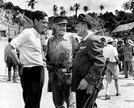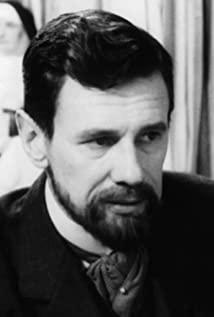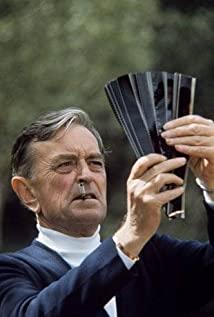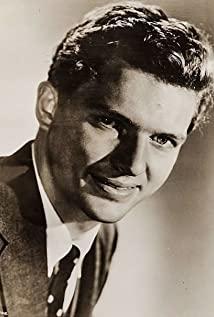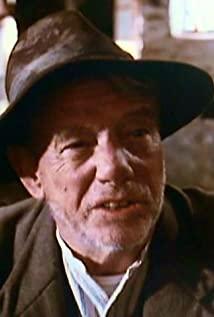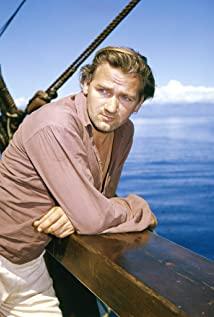I love India. I can’t start all over again. But sometimes suddenly you realize that you have reached the end of your military career and you feel hesitant. You ask yourself, what is the meaning of your whole life, what difference would it make if you did that at that time—— Colonel Nicholson's emotions on the River Kwai Bridge
The movie "Bridge on the River Kwai" tells that in 1943, during the Japanese-Thailand alliance, the Japanese forces forced British prisoners of war to build a bridge across the River Kwai to connect Bangkok and Yangon, facilitating further military expansion.
At the beginning of the film, a group of British troops in ragged clothes, led by Colonel Nicholson, took neat steps, whistling "Colonel Bucky March", and were detained by the Japanese to the 16th prisoner of war camp. As the commander of the prisoners of war, Colonel Saito mentioned three important points in his speech: 1. The British prisoners of war will build a bridge across the River Kwai; 2. The officers will work with the soldiers; 3. The escape is Impossible, so there is no barbed wire, no fence, no lookout.
Finally, Colonel Saito quoted General Yamashita’s motto "Seek happiness at work", referring to the Japanese Army General Yamashita (General Yamashita), who defeated the Anglo-Indian troops with 80,000 troops in February 1942. , Quickly occupied Singapore, and thus won the title of "Tiger of Malaya". For the British, losing Singapore was the gloomiest moment they experienced in World War II. In Churchill's words, this was "the biggest disaster in the history of British war, the biggest surrender."
At the officers' meeting that night, Nicholson mentioned that they were captured in Singapore at that time, and made a good comment on the background of the film.
Nicholson is a typical English gentleman, a soldier who has served in India for 28 years. He has his own organization and principles as a soldier, exuding the charisma of an officer. He organized a meeting of officers the same night he arrived at the camp and confirmed a few points: 1. The issue of the escape of Commander Jennings was rejected, not only because Can’t escape, and violates the laws of war. 2. Work continues as usual. We are prisoners of war. We have no right to refuse labor, but we must make our people feel like soldiers rather than slaves.
Nicholson represents the civilized side in the film, insisting that "there is no law, there is no civilization", and he took out Article 27 of the Geneva Convention "belligerent countries may hire prisoners of war to do their proper jobs, except for commanders", and opposed Saito ordered the officer to work.
After a day’s exposure to the sun, Nicholson was severely beaten by the Japanese army and locked up in a tin room under the scorching sun. It was called a "stuffy room". After repeated persuasion by Saito, he still adhered to his principles and threatened to Include Saito's line in the report. Saito was also ordered by his superiors to complete the task. The time limit was too tight to use every labor force. If it could not be completed before May 12, he would have to kill himself to defend the spirit of Bushido.
One month after the construction of the bridge started, there was no progress. Saito was anxious, and he couldn't change his command. In the end, he gave in and let Nicholson take command of the prisoners of war. The whole British army was cheering up and down, raising their colonel and shouting "He's done it! He's done it!" Only Saito was left crying in the small room...
Since Nicholson’s team took over the construction of the River Kwai Bridge, differences from previous Japanese engineers have been proposed in terms of site selection, job allocation, division of labor, and workload. The work has progressed rapidly and the bridge has begun to take shape. The British side represented by Nicholson not only defeated the Japanese side represented by Saito in terms of scientific and technological engineering, but also mentally and physically.
The River Kwai Bridge has gradually become the meaning of Nicholson’s life. The use of elm stumps is to hope that the bridge will stand for 600 years like the London Bridge. Soldiers, even built while being captured.
At the end of the film, another British team was ordered by their superiors to blow up the River Kwai Bridge. When the young soldier Joyce told him that this was the order of the British army, Nicholson asked himself "What have I done?" The war was so cruel that a veteran who adhered to the principles was suspicious of him.
What is the meaning of life... In wars, projects created with painstaking efforts can be premeditatedly blown up. In life, hard work but no results or nothing is achieved. Perhaps this is what director David Lean wants to tell Ours, we have to learn a lot about war.
Kind Peach, December 2, 2018
View more about The Bridge on the River Kwai reviews





